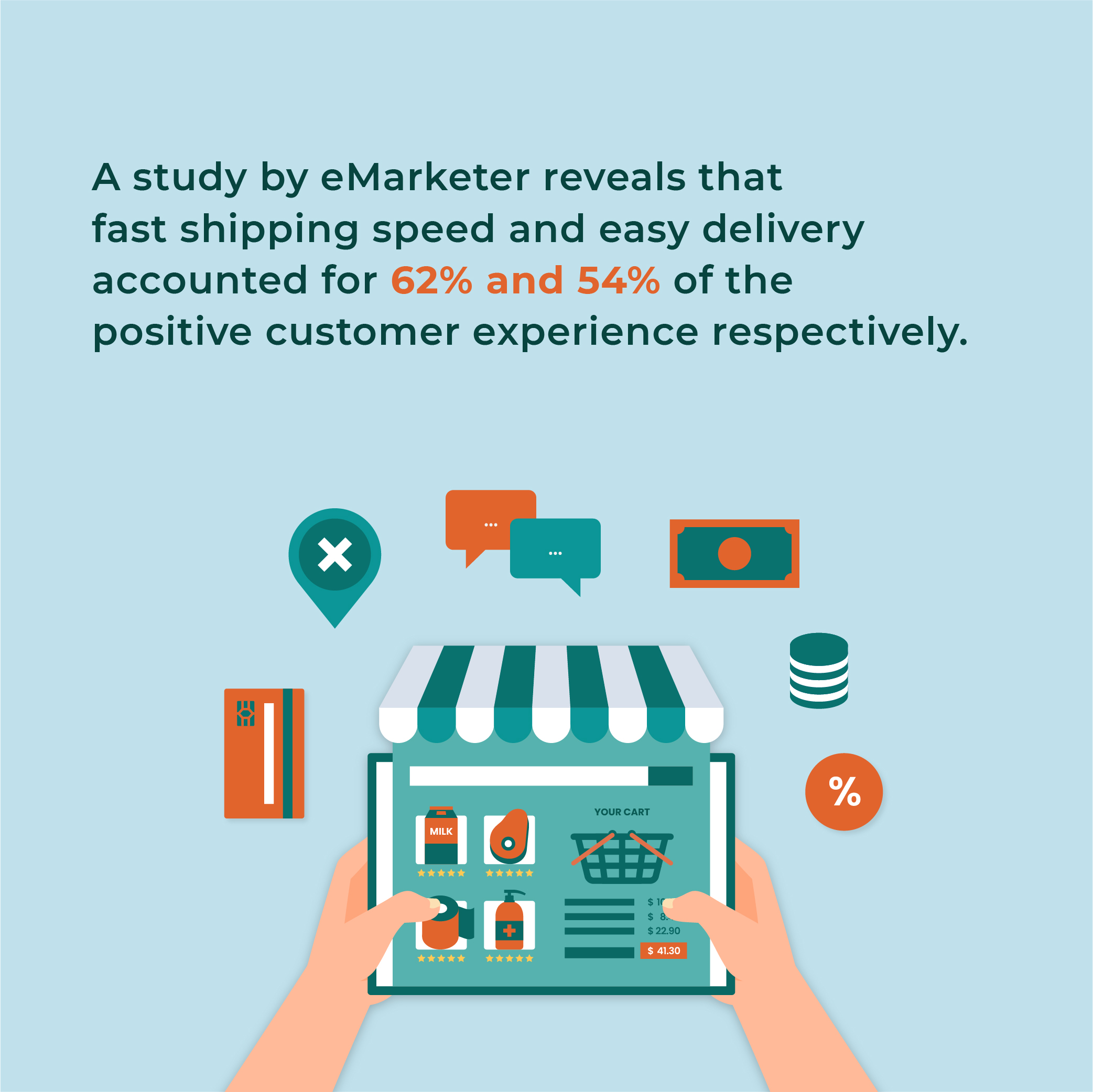
A few must have integrations for any online store
An eCommerce store is more than just a website. It is a system consisting of various components that work in harmony to provide various functionalities and enhance the user experience of your online store. On the storefront are all the visual elements and the user interface that the customer directly interacts with. But they do not work on their own. A multitude of complex back-end processes needs to work hand-in-hand with the front-end to provide the smooth user experience that customers expect from the online store.
These may include search filters, shopping carts, payment gateways, order tracking, etc. All these functions are carried out by eCommerce integrations. Some of the integrations are provided by the eCommerce platforms themselves. But for all other enhanced functionality, you need third-party integrations.
What are third-party integrations?
Third-party Integrations are apps that can be directly installed in your eCommerce store as plugins. Once installed, they act as integral parts of the site, working in synergy with the other components of the site to process data entered by the customers and bring results.
How does third-party integration help achieve eCommerce automation?
Many of these third-party integrations are eCommerce automation tools that work without the need for human intervention. They use state-of-the-art technology to work in the back-end to:
- • Reduce human errors
- • Improve speed and efficiency
- • Make work easy for the store managers
- • Cut costs and
- • Provide users with a great user experience
Where can you find these third-party integrations?
You can search, find and install these third-party integrations in your eCommerce platform store itself. You can also hire the services of an agency partner to install these apps and iron out the issues with the help of the experts.
Select your third-party integrations before you unveil your eCommerce store
Without third-party integrations, an eCommerce store is merely a bare-bone storefront. It lacks key functionality and features that give customers a pleasant user experience. Therefore, it is crucial to carefully choose third-party integrations that suit your requirements and integrate them properly before you commence your operations. Following are some of the types of integrations available.
1. Payment Integrations
Payment gateway is probably the most important tool for any eCommerce site. Without a wide variety of digital payment options that ensure secure transactions, you cannot achieve the desired conversion rate. Some of the popular payment gateways include:
- • PayPal
- • Google Checkout
- • Apple Pay
- • Stripe
- • Authorize.net
- • Skrill
- • Wepay
2.Shipping and Order Tracking Integrations
Shipping issues are a major concern in eCommerce business. A study by eMarketer reveals that fast shipping speed and easy delivery accounted for 62% and 54% of the positive customer experience respectively. A shipping integration that is flexible enough to customize different options including shipping rates and speed, and capable of automatically generating shipping labels, tracking details, and notifications, enriches user experience. Some of the popular shipping and tracking integrations include:
- Shippo
- Fedex
- ShippingEasy
- Ordoro
- Endicia

3. Analytics and Reporting Integrations
eCommerce provides you with the opportunity for data-driven growth. Understanding customers’ profiles, preferences, shopping habits, etc., based on the data captured on the site plays a significant role in the growth of your business. In order to capitalize on it, you need to find the right eCommerce automation solutions that enable you to measure various metrics relevant to your business and get detailed insights. With a clear picture of what is happening and what needs to be done, you can move forward with a sense of purpose and achieve consistent growth.
Some of the most successful analytics integrations include:
- Google Analytics
- SharpSpring
- Firebase
- Urban Airstrip
4. Accounting and Financial Integrations
Maintaining the records and documents with regard to sales, purchase, invoicing, budgeting, tax, payroll, etc., requires a dedicated accounting team. It is both expensive, especially for a small business, and is relatively less reliable due to human errors. Installing a versatile and comprehensive eCommerce automation tool, like the following, for maintaining accounting and finance goes a long way in preventing you from incurring unnecessary expenses, and in achieving accuracy, speed and efficiency.
- 1. Braintree
- 2. Gusto
- 3. Basecamp
- 4. WorkflowMax
5. Inventory integrations
As things get sold in an online store, the number of items displayed on the site and the ones in stock must match in real-time. Otherwise, customers may order products that went out of stock without realizing. This causes poor user experience and massive damage to the business. There are eCommerce automation tools in the market that manage all aspects of inventory management – from generating purchase/sales orders and invoices, real-time tracking and availability, all the way to proactive forecasting of product demand based on historical data. Following are some of those tools.
- Netsuite
- Zoho Inventory
- Ecomdash
- Cin7
- Fishbowl
6. Customer support integrations
eCommerce stores demand constant interaction with customers for one thing or another, be it order, payment or delivery issues or procedures with regard to returning an order. Providing prompt support is crucial for customer satisfaction and retaining their trust. Third-party integrations such as live chat, help desk, token-based support tools or eCommerce automation such as chatbots help you provide instant response to customer queries and enhance the user experience. Following are some of the most popular customer support integrations.
- LiveAgent
- Freshdesk
- Hubspot
- Zendesk
- Groove
7. Email and marketing automation integrations
Standing still in the rapidly changing market conditions can be harmful to an eCommerce business. Reaching out to a list of customers with personalized offers and deals at the right time improves conversion rates significantly. It requires understanding customer preferences and things they need, based on data such as their previous purchases and the product segments they show interest in. Powerful eCommerce automation tools, like the ones mentioned below, help you achieve all this by pulling data from the site automatically and executing targeted marketing campaigns with minimal or no human intervention.
- • MailChimp
- • Marketo
- • Sender
- • Eloqua
- • Customer.io
- • Hubspot
- • Pardot
8. CRM integration
When you run an eCommerce business, managing and strengthening customer relationships is indispensable. CRM integrations help you obtain comprehensive data with regard to customer interactions with the site, their problems, and the kind of support they have sought. It captures customer sentiment, provides you with analytics that help you offer more personalized services and improve customer satisfaction. Following are some of the most popular CRM integrations.
- • Hubspot CRM
- • Oracle Netsuite CRM
- • Sage CRM
- • Insightly
- • Pipedrive
- • Quickbase
Other Integrations
In addition to these key third-party integrations, there are many other types of integrations that address specific areas of focus, such as SEO, Product Rating, Site Search, Social media engagement, etc. You can select the integrations that you may need and enrich your site with added functionality and better user experience.




